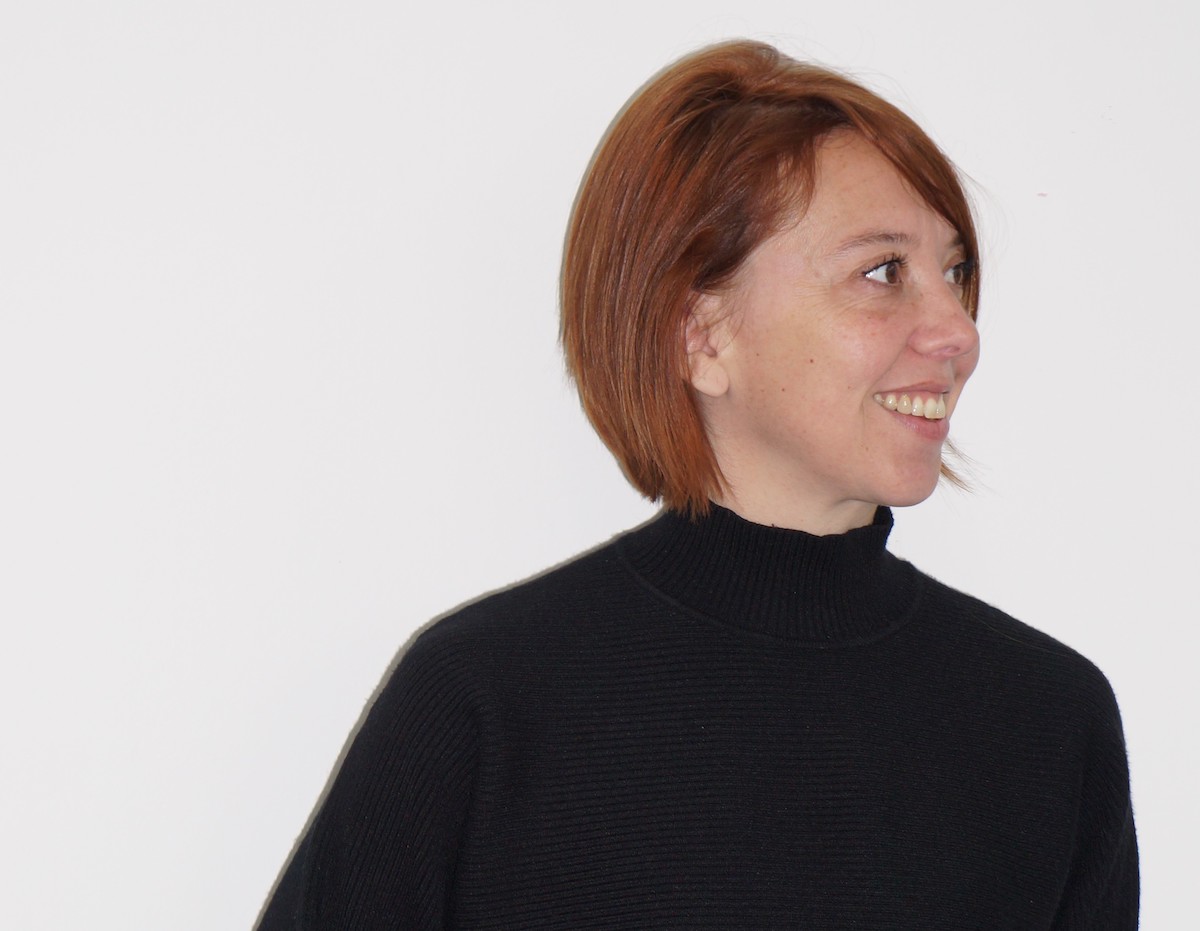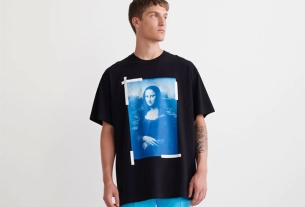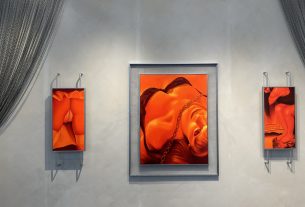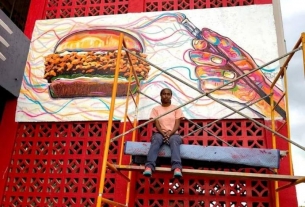In Bertille Bak’s five-part video installation Mineur Mineur (2022), children from Bolivia, India, Indonesia, Madagascar, and Thailand pretend to get dressed to go for work in the mines. Then these kid performers act out their labor, getting dressed in mining gear before heading off to their jobs and waving their tools in the air. Bak superimposes all this over lo-fi, childlike backgrounds, including a piece of cardboard with a rainbow painted on it. The footage acts as a reminder that there are real-life minors in these countries who have been forced by their circumstances to become miners.
When Xippas gallery showed this work at the 2022 edition of Paris+, Art Basel’s fair in the French capital, there was only one bench and a handful of headphones available. Interest quickly outpaced resources at the fair’s opening, where attendees competed to get a spot before this work. All editions of Mineur Mineur ended up selling to institutions.
This work captured the attention of Jeu de Paume head of public programs Marta Ponsa. “The aesthetic of the images took us to a universe of games and fables,” she said. “The mise en scène had humor and lightness.” She later realized she’d seen Bak’s works already, back in 2012 at Paris’s Museum of Modern Art, but, by then, Bak’s practice had matured: Bak’s 2012 show focused on Romani people that she’d encountered in the Paris Métro, but the artist has since turned her thematic concerns global with works like Mineur Mineur.
Seeking to capture Bak’s evolution, the Jeu de Paume showed eight of Bak’s video works, along with some sculptural accompaniment works, in a solo show this summer. These works ranged in subject, from Bolivian shoeshiners to Moroccan shrimp peelers, to cruise ship workers and their families living in Saint-Nazaire. All these works are bound by one subject: a focus on marginalized communities, especially their labor and the way this restricts their lives.



